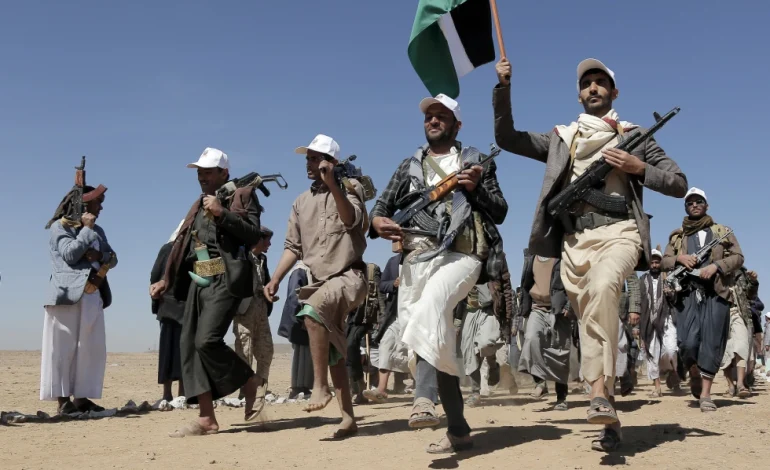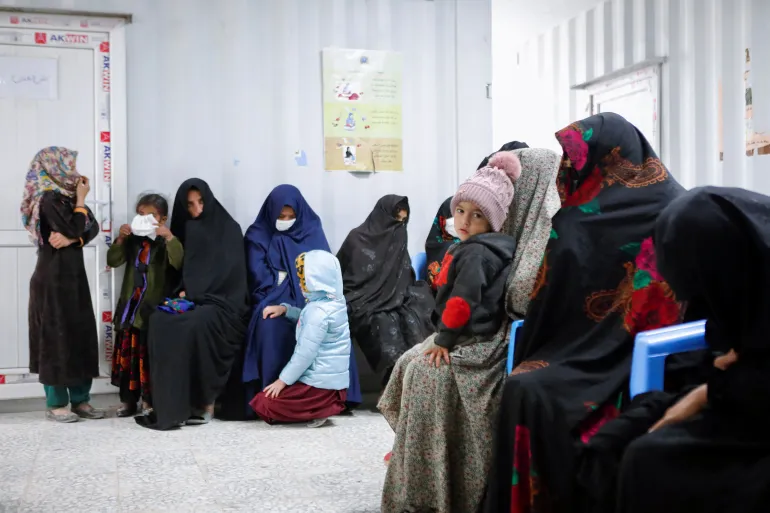Yemen Risks Being Dragged into Escalating Middle East Conflict, Warns UN

The United Nations has expressed deep concern that Yemen is being drawn into the intensifying military escalation in the Middle East, with the potential for the situation to spiral out of control. Hans Grundberg, the UN special envoy for Yemen, delivered this warning to the UN Security Council on Tuesday.
Grundberg highlighted the escalating tensions and expressed regret that Yemen is now part of the conflict. He specifically condemned the Houthi rebels’ repeated attacks on international shipping in the Red Sea, warning that these actions “have significantly increased the risk of an environmental disaster.”
The attacks, which began in support of the Iranian-backed Hamas following its October 7th attack on Israel, have seen the Houthis target over 80 merchant vessels with missiles and drones, causing disruptions to crucial Red Sea trade routes and resulting in the seizure of one vessel and the sinking of two. The attacks have also led to the deaths of four sailors and caused serious disruptions to the Red Sea, which once facilitated the movement of goods worth $1 trillion annually.
Both Grundberg and Joyce Msuya, the UN’s acting humanitarian chief, urged the Houthis to cease their attacks on international shipping. They also demanded the release of dozens of UN personnel, NGO staff, diplomats, and civil society members, most of whom have been detained since June. Msuya declared the Houthis’ recent referral of these detainees for “criminal prosecution” unacceptable and the accusations against them false. She highlighted that three of the detainees are UN personnel, two from UNESCO and one from the UN human rights office, who were detained in 2021 and 2023.
The Houthis initially accused the detainees of being part of an “American-Israeli spy network,” a claim vehemently denied by the UN, NGOs, governments, and others.
The current conflict in Yemen stems from a civil war that began in 2014 when the Houthis seized control of the capital Sanaa and much of the north. Hopes for peace talks have been dashed since the October 7th attack, which resulted in the deaths of over 1,200 people in Israel, mostly civilians, and the abduction of around 250, with about 100 still being held.
Israel’s subsequent offensive in Gaza has resulted in the deaths of over 42,000 Palestinians, according to local health authorities, who do not specify how many were combatants but report that women and children account for over half the casualties.
In response to the Houthi attacks, a U.S.-led coalition has launched airstrikes in Yemen, and Israel has targeted the port of Hodeida, a crucial location for aid and commercial goods deliveries. Msuya expressed deep concern about these attacks, noting that they have damaged critical energy and port infrastructure but emphasizing that both ports are still able to receive commercial and humanitarian imports.
The ongoing escalation in the Middle East continues to pose serious risks to Yemen, further exacerbating the humanitarian crisis already facing the country. The UN’s calls for the cessation of attacks on shipping, the release of detainees, and a peaceful resolution to the conflict remain urgent.








